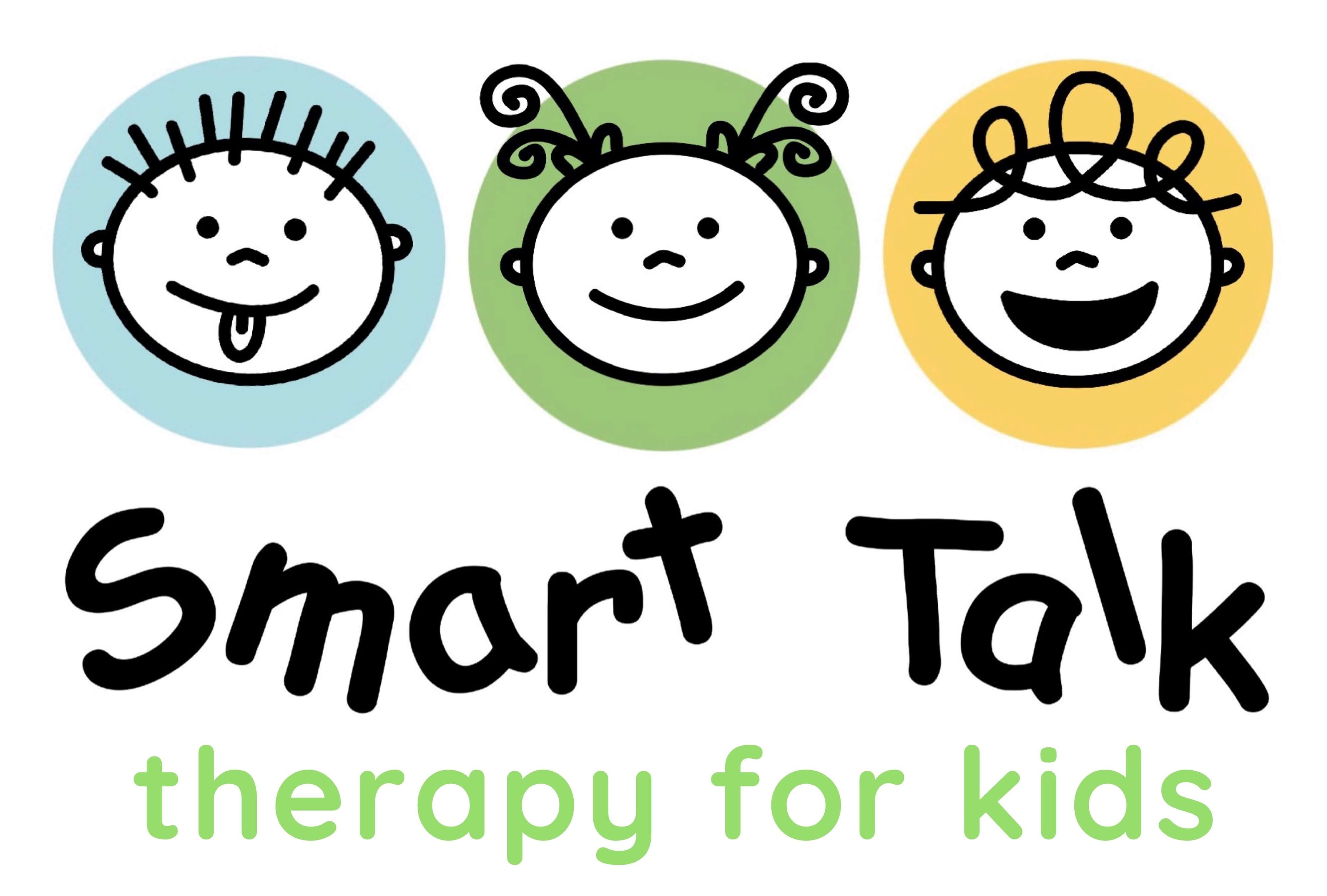Literacy
Literacy encompasses reading, writing and spelling as a means of communication. It is an important skill because literacy levels are attributed to academic, social and vocational success. Literacy includes these skills;
- Phonological Awareness: This is the ability to understand that spoken words are made up of smaller `units’ of sound with children progressing from learning to segment words into syllables e.g. (football = foot ball), onsets and rime and then sounds (f oo t b a ll).
- Phonemic awareness: This area allows students to develop the ability to identify initial, middle and end sounds in words and then learn to blend sounds such as c a t = cat and manipulate sounds; if I had the word cat and I took off the c and replaced it with m what new word would I have? Mat. These activities are based upon sound awareness and allow children to develop early literacy skills.
- Phonics: This is the ability to connect sounds with letters and learning to read simple decodable texts so that children can learn to read rather than guess and rely on pictures.
- Vocabulary: This is based upon the knowledge that while children can read and spell words, they need to know and understand the meaning of the word before they can use it in conversation and written work. This includes explicit instruction around word meaning and use.
- Comprehension/Word Recognition: This works together with vocabulary and ensures that students are able to decode sight words or those that have irregular spellings (such as come). By teaching these words explicitly, students gain practice reading, writing, pronouncing these words and understanding their meanings.
- Structural Analysis: This is not a new area of literacy but one we are recognizing through research is of importance and involves educating students on the formation of words and their prefixes, suffixes and root words. By breaking these words down into their root word and building upon these, students strengthen their decoding skills, word recognition and vocabulary. E.g. root word cycle; meaning wheel; prefixes include uni (one), bi (two) and tri (three) all which allow the student to understand how many wheels may be involved.
Many of our clinicians are trained in Sounds Write which is the current gold standard for literacy intervention and approved by Dyslexia Speld Foundation. We are up on current research which has shown us the need to promote synthetic phonics within our literacy support. This is the explicit teaching of letter sounds to assist students to blend, segment and manipulate sounds to read words, decode writing and learn spelling patterns. These skills are essential for a child to have success in their literacy journey.

